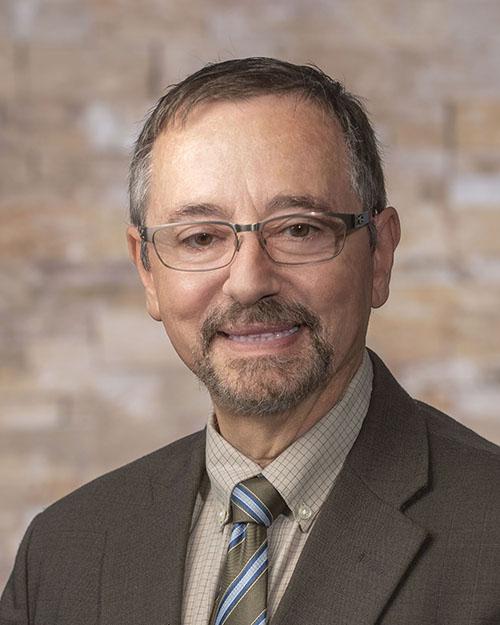What is a Primary Care Provider? 7 Types of Physicians and What They Do
November 15, 2022
This article was reviewed by our Baystate Health team to ensure medical accuracy.
 Robert A. Baldor, MD
View Profile
Robert A. Baldor, MD
View Profile

Health & Wellness Tips
Related Articles
-
Your Healthcare
![Woman pharmacist behind pharmacy counter, providing male patient with their medication.]()
Medication Safety: How Pharmacists Help You Manage Your Meds
-
Your Healthcare
![an older Black man jogging in a park wearing headphones]()
Discover the Heart-Health Benefits of Weight Loss Medications
-
Healthy Aging
![two menopause-aged women walking in nature]()
Navigating Menopause: Signs, Stages, and Symptom Relief
-
Wellness & Prevention
![Over-the-Counter Birth Control Pills-What You Need to Know]()
Over-the-Counter Birth Control Pills: What You Need to Know
-
Your Healthcare
![cardiac catheterization]()
Cardiac Cath Lab: Pioneering Non-Surgical Heart Solutions
-
Coping with Illness
![a hugging couple coping with grief during the holidays]()
Grief During the Holidays: Ways to Celebrate While Grieving
-
Wellness & Prevention
![What Are Fibroids_ Treatments and Options for This Common Issue]()
What Are Fibroids? Treatments and Options for This Common Issue
-
Coping with Illness
![A doctor speaking to her patient about medications for Parkinson's disease]()
Parkinson's Medication: Symptom Control, Improved Quality of Life
-
Wellness & Prevention
![a woman in a plain white tshirt conducting a breast self exam in a mirror]()
Signs of Breast Cancer (That Aren't Lumps): Skin & Nipple Changes
-
Coping with Illness
![a woman consulting with her doctor on breast cancer surgery options]()
Lumpectomy vs. Mastectomy: How to Choose a Breast Cancer Surgery
Back to Top













